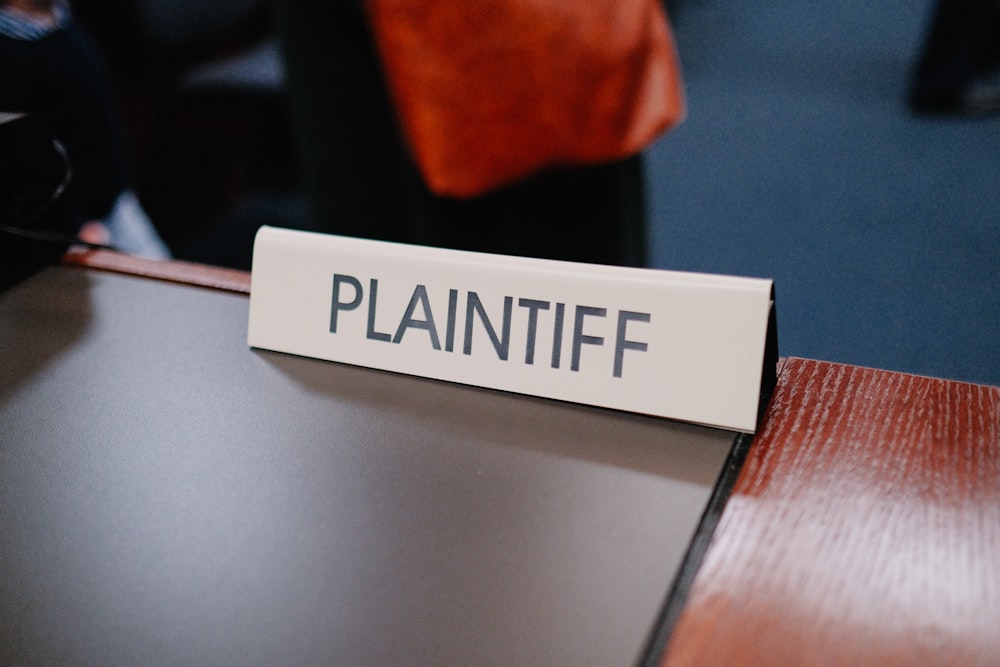Understanding the IVC Lawsuit Allegations
The IVC lawsuit allegations have brought to light serious concerns regarding the safety and efficacy of inferior vena cava (IVC) filters. These medical devices, designed to prevent blood clots, have been the subject of numerous lawsuits due to reported complications and adverse events.
The Role of IVC Filters
IVC filters are small, cage-like devices implanted in the inferior vena cava, a large vein that carries blood from the lower body to the heart. These filters are intended to capture blood clots and prevent them from traveling to the lungs, where they can cause life-threatening pulmonary embolisms.
Allegations of Device Failures
Despite their intended purpose, IVC filters have been linked to a range of complications and failures. Reports have emerged of filters migrating, fracturing, or becoming embedded in the vein wall, leading to serious injuries such as organ perforation, hemorrhage, and death.
Legal Ramifications for Manufacturers
The IVC lawsuit allegations have significant legal ramifications for the manufacturers of these devices. Plaintiffs in these lawsuits allege that manufacturers failed to adequately warn about the risks associated with IVC filters or that they knew about these risks and failed to take appropriate action.
Class Action Lawsuits
Many IVC filter lawsuits have been consolidated into multidistrict litigation (MDL) or class action lawsuits. These lawsuits allow plaintiffs who have suffered similar injuries from IVC filters to join together and pursue legal action against the manufacturers collectively.
Medical Community Response
In response to the allegations and concerns raised by IVC filter lawsuits, the medical community has reevaluated the use of these devices. Some healthcare providers have opted to remove IVC filters from patients who no longer require them or to explore alternative treatment options.
Regulatory Oversight
The FDA has issued safety communications and warnings regarding the risks associated with IVC filters. In 2010 and 2014, the FDA issued safety alerts advising healthcare providers to remove retrievable IVC filters as soon as the risk of pulmonary embolism has passed.
Patient Advocacy
IVC filter lawsuits have prompted advocacy efforts to raise awareness about the risks associated with these devices. Patient advocacy groups and organizations have emerged to provide support and resources to individuals who have been harmed by IVC filters.
Legal Strategies
In IVC filter lawsuits, plaintiffs typically allege negligence, strict liability, and failure to warn on the part of the manufacturers. Legal strategies may involve gathering evidence of device failures, medical records documenting injuries, and expert testimony to support the plaintiffs’ claims.
Seeking Justice
For individuals who have suffered injuries due to IVC filters, pursuing legal action may provide a path to justice and compensation for their losses. These lawsuits not only hold manufacturers accountable but also raise awareness about the importance of patient safety and informed consent in medical device usage. Read more about ivc lawsuit





:max_bytes(150000):strip_icc()/homestaging-026b9ef577364870862916d4db364767.jpg)



